Help to End the Retail Sale of Peat in Horticulture
The Government has launched a consultation on the subject of ending the retail sale of peat in horticulture. Please take a few minutes to have your say on this important…
Dragonflies & Damselflies of Britain and Ireland Field Guide available as Apple App
An updated version of NatureGuides Ltd. Dragonflies & Damselflies of Britain and Ireland Field Guide is now available to download for £9.99 from the Apple app store. If you have…
Dragonflies disappear around the world as wetlands are lost
The International Union for Conservation of Nature has conducted its first ever global Red List assessment of Odonata (dragonflies). The study concluded that 16% of 6,016 species assessed are at…
The National Forest for Wales
National Forest for Wales is a unique project aiming to create a nationwide network of publically accessible woodlands and forests. This will including creating new woodlands, as well as restoring…
Q&A with Dr Matt Geary
We hope you all enjoyed our Annual meeting on 27 November. Attendees had lots of questions for speaker Dr Matt Geary on his talk about White-faced Darter genetics. Here are…
We’ve won the John Sawyer NBN Open Data Award 2021!
The BDS has won the National Biodiversity Network Trust’s John Sawyer NBN Open Data Award 2021. The award is given to organisations that make a significant contribution to open biodiversity…
Study shows neonicotinoid water pollution drives decline in dragonfly emergence
While the impacts of neonicotinoids on pollinators have been widely publicised and condemned, evidence is growing that these agricultural chemicals are having similar consequences for aquatic invertebrates. In a recent…
UK Wildlife Podcast ~ State of Dragonflies
In the latest episode of the UK Wildlife Podcast, host Neil Phillips chats to BDS Officer Eleanor Colver about the results of State of Dragonflies 2021, and what they mean…
High levels of medical drugs, harmful to invertebrates, present in British rivers
A study by Buglife, published on 26 September 2021, found widespread contamination from pharmaceutical products in UK waterways. Medical drugs enter river systems through various routes including output from water…
State of Dragonflies 2021 report press release
More dragonflies are gaining than losing from climate change, but is this good news? The full report can be accessed here. The State of Dragonflies in Britain and Ireland…
